We Believe…
Following the teachings of Jesus Christ, whose life, death, and resurrection saved the world, we believe in a loving, liberating, and life-giving God. We have a legacy of inclusion, aspiring to tell and exemplify God’s love for every human being. Leadership is a gift from God, and can be expressed by all people in our church.
We believe that God loves you – no exceptions.
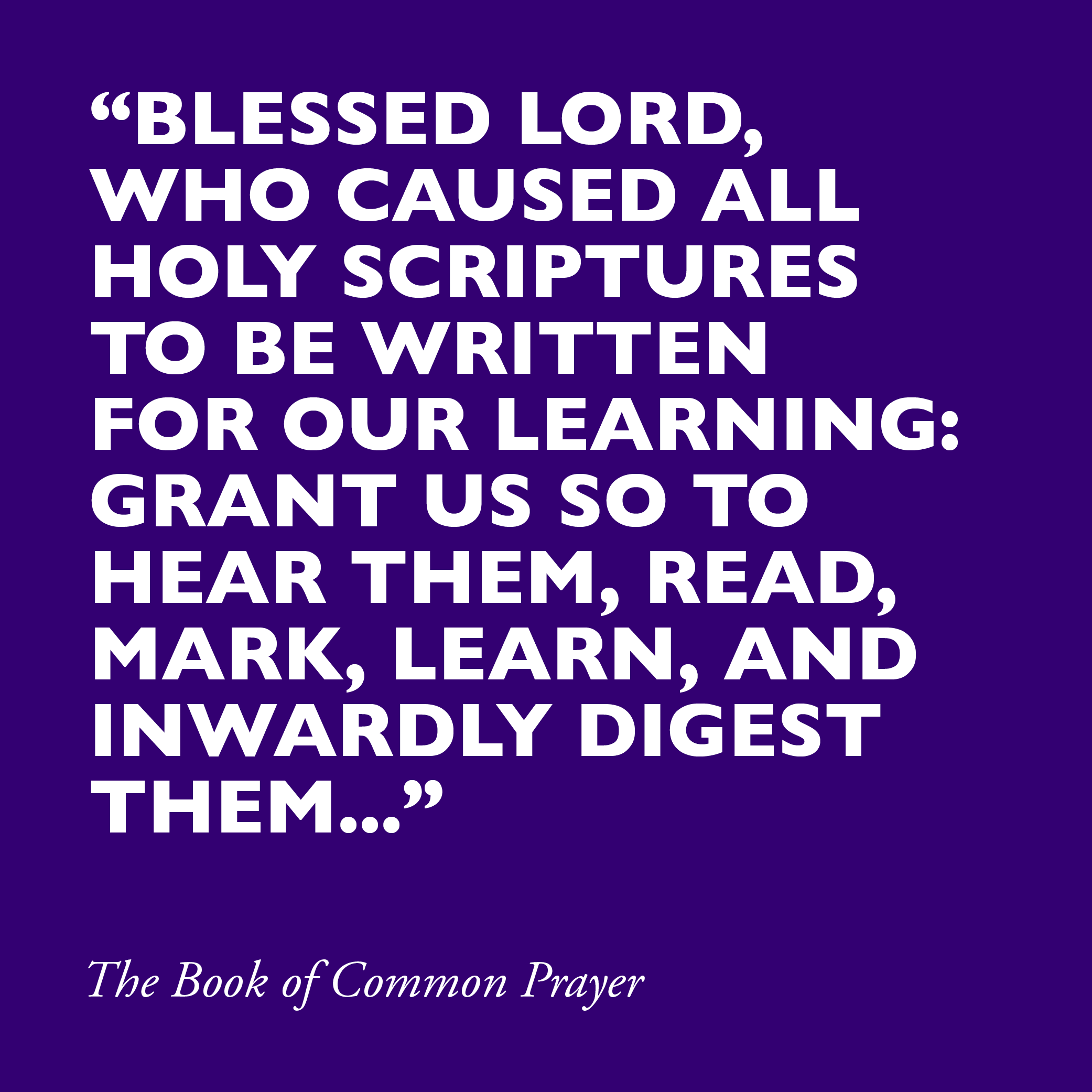
The Bible
Of extraordinary importance to Episcopal worship; during a Sunday morning service, the congregation will usually hear at least three readings from Scripture, and much of the liturgy from The Book of Common Prayer is based explicitly on the Biblical texts.
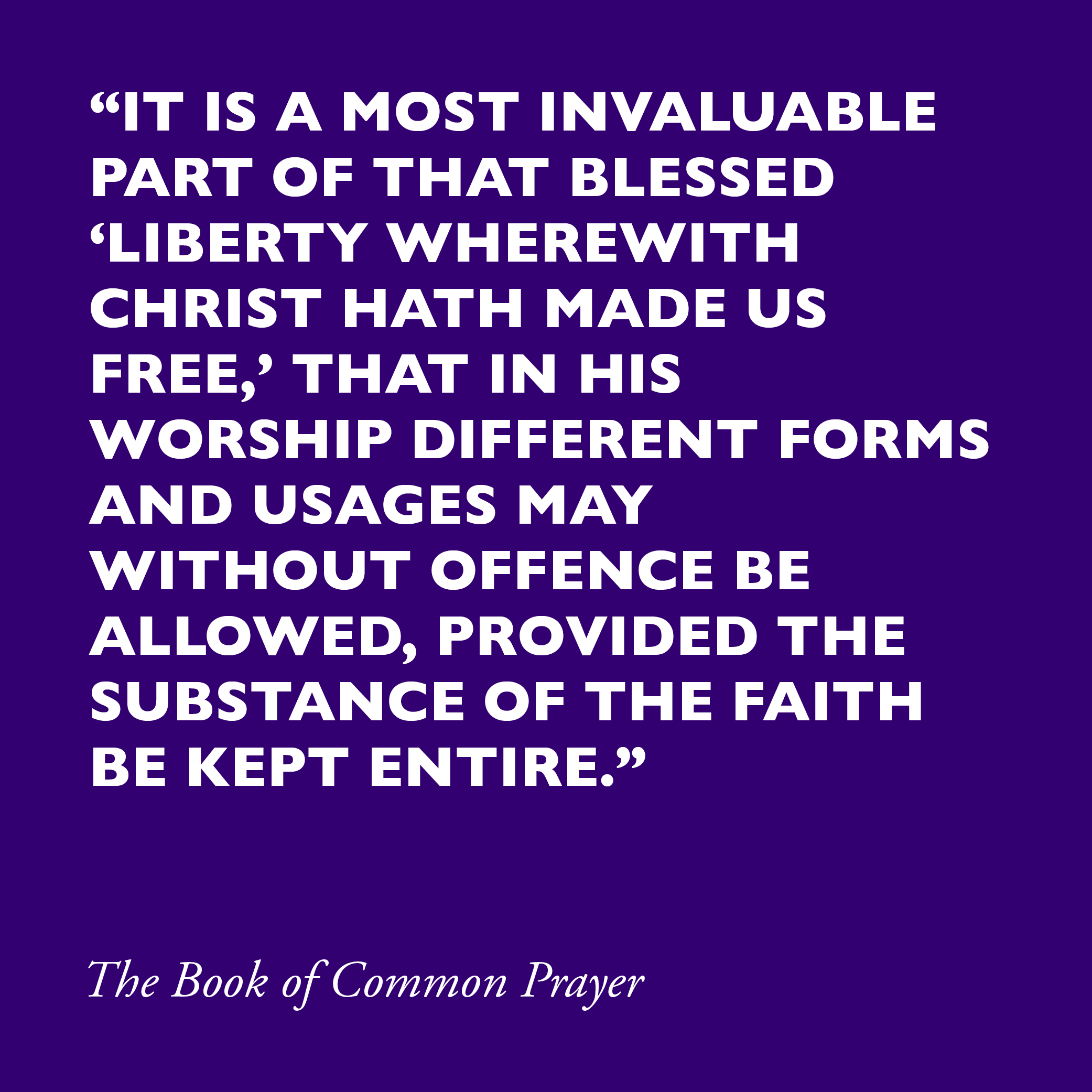
The Book of Common Prayer
A treasure chest full of devotional and teaching resources for individuals and congregations, but it is also the primary symbol of our unity.
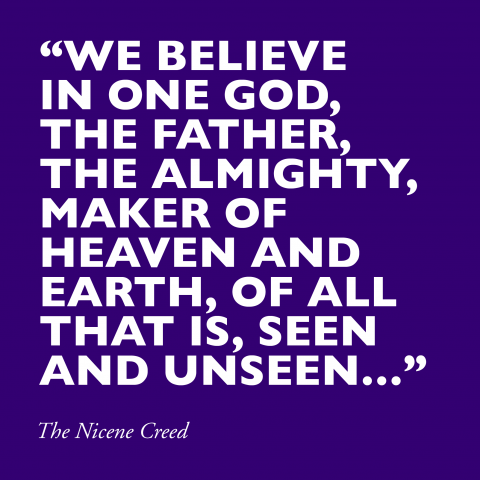
The Creeds
Creeds are statements of our basic beliefs about God. The term comes from the Latin credo, meaning I believe.
While we will always have questions about God, the Church, and our own faith, we have two foundational creeds that we use during worship: the Apostles’ Creed used at baptism and daily worship, and the Nicene Creed used at communion. In reciting and affirming these creeds, we join Christians across the world and throughout the ages in affirming our faith in the one God who created us, redeemed us, and sanctifies us.
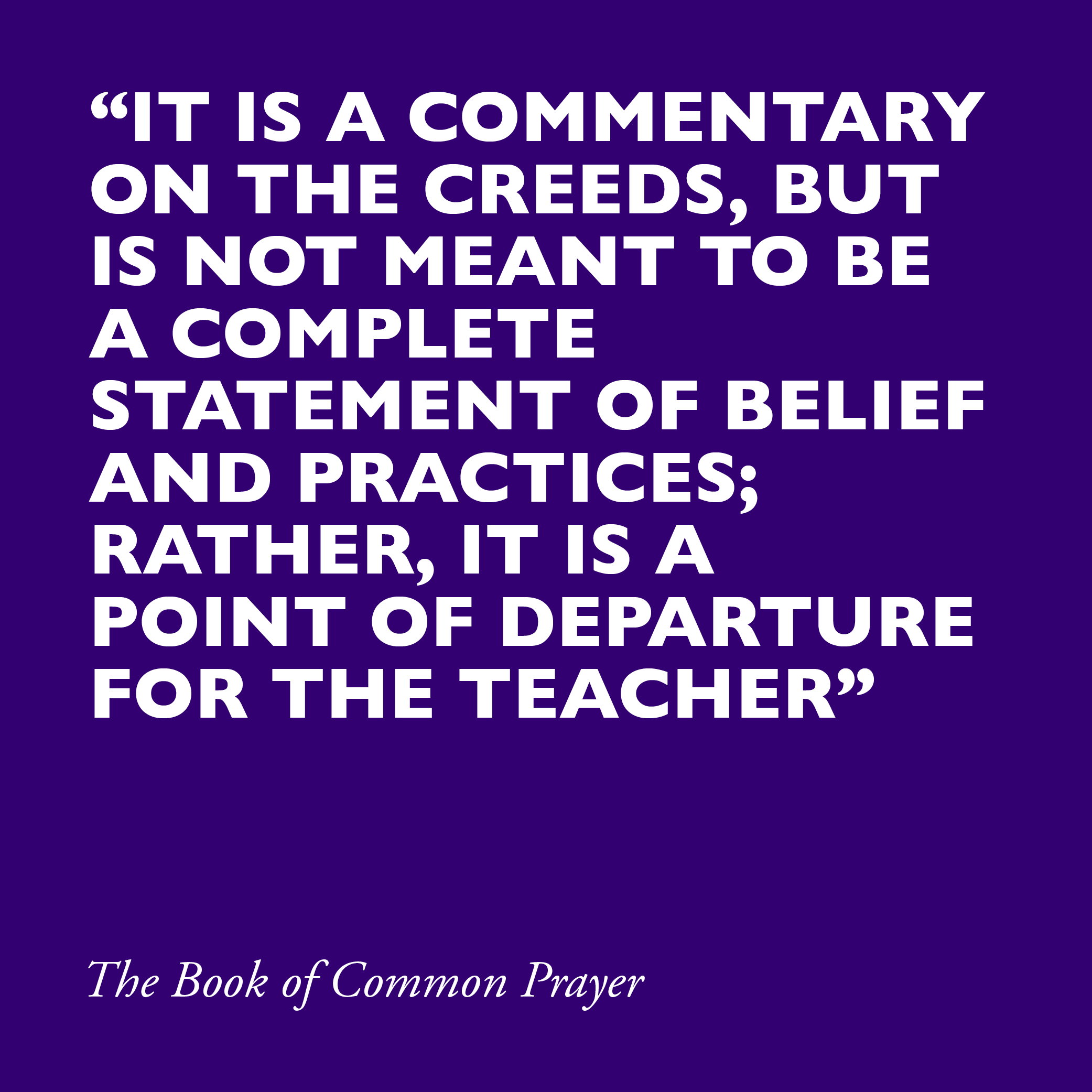
The Catechism
With headings such as Human Nature, God the Father, The Holy Spirit, The Holy Scriptures, Prayer and Worship and more, the Catechism is offered in a question-and-answer format that helps teach the essential truths of the Christian faith and how Episcopalians live those truths. It is intentionally organized so as to “provide a brief summary of the Church’s teaching for an inquiring stranger who picks up a Prayer Book”. The Catechism can be found in the back of The Book of Common Prayer.
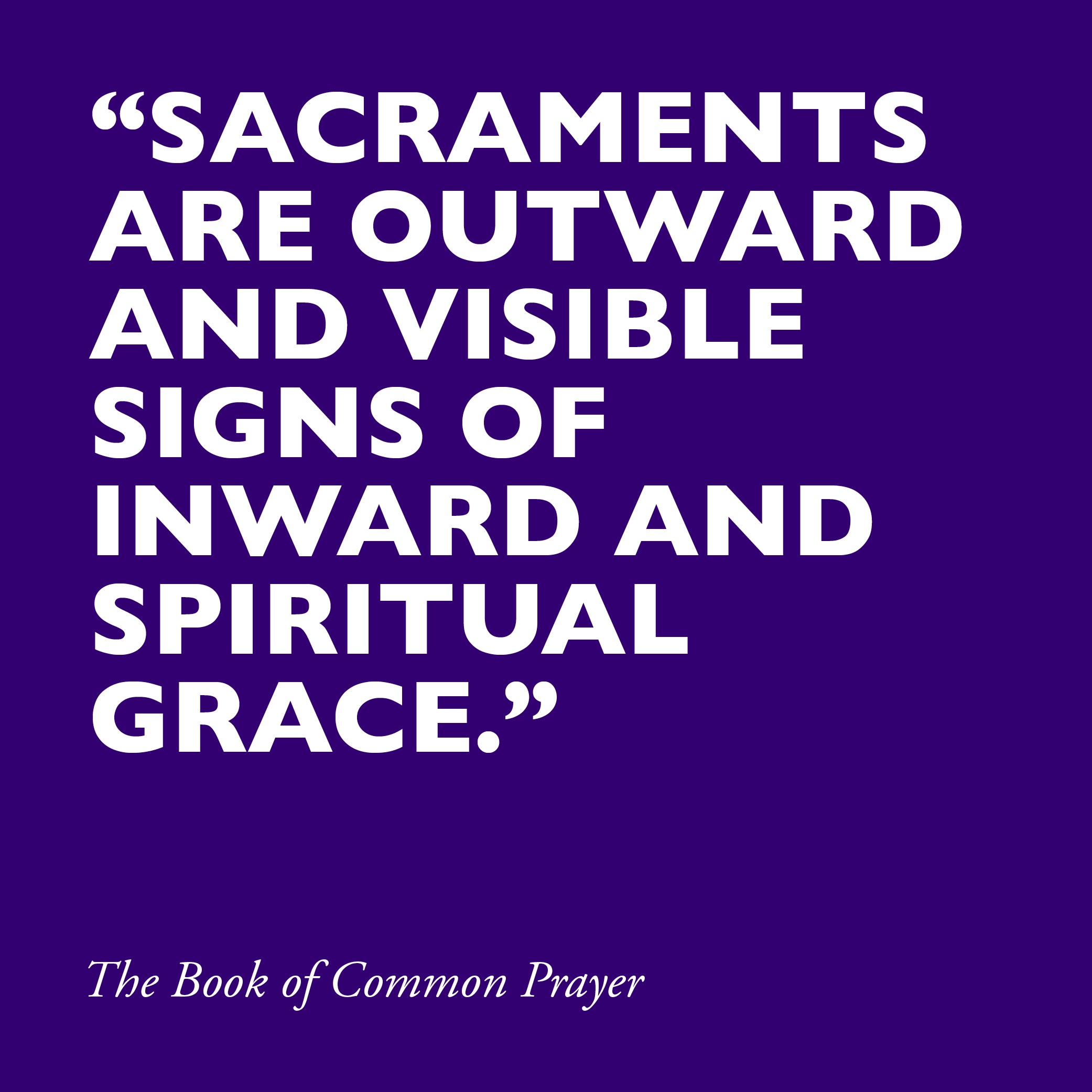
The Sacraments
Our Anglican tradition recognizes sacraments as “outward and visible signs of inward and spiritual grace.” Holy Baptism and the Eucharist (or Holy Communion) are the two great sacraments given by Christ to his Church. In addition to these, Confirmation, Reconciliation of a Penitent, Matrimony, Orders (ordination) and Unction (anointing) are other spiritual markers in our journey of faith that can serve as means of grace.
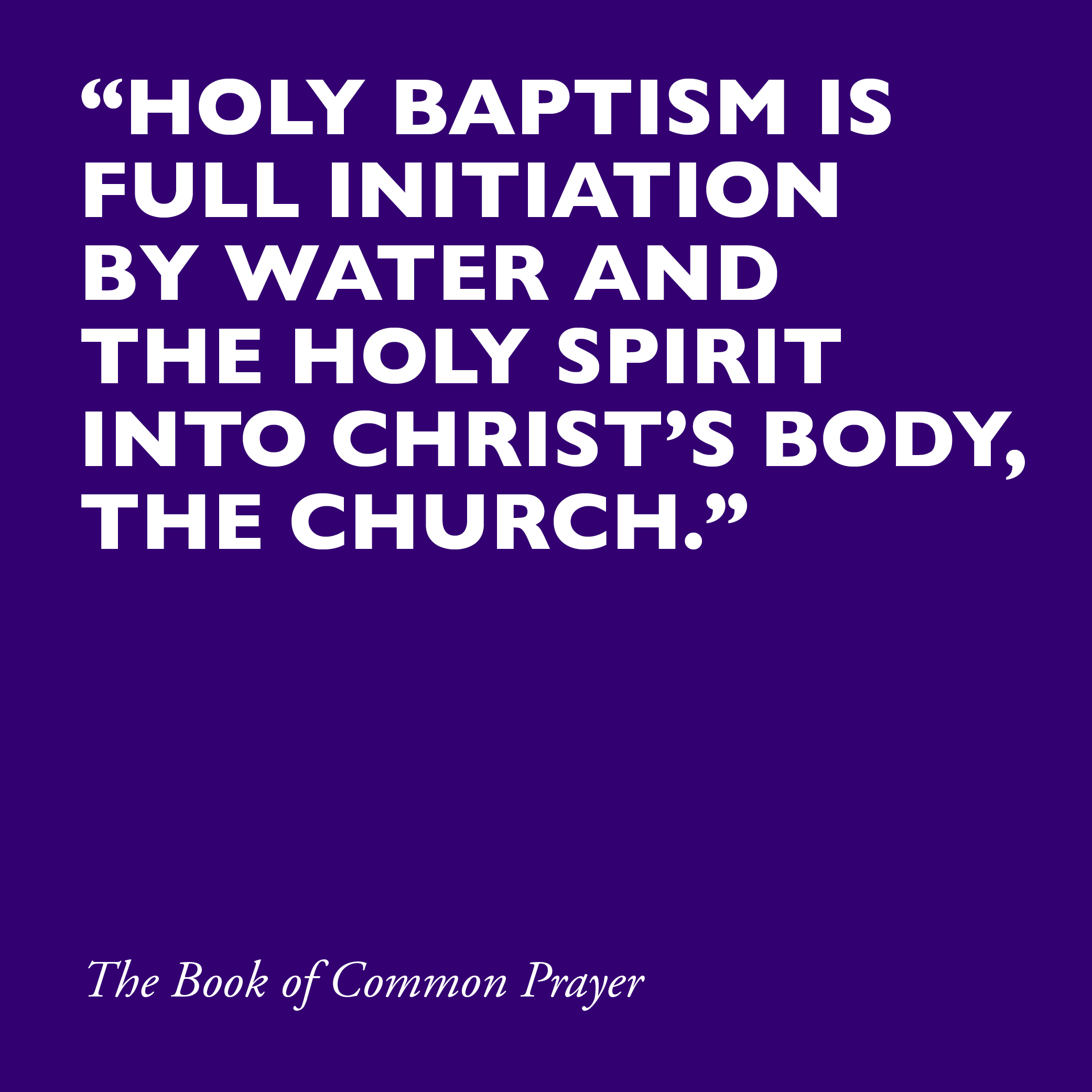
Baptism
The sacrament of baptism is an opportunity for joy, power, and a deep connection with tradition. In the waters of baptism, we are lovingly adopted by God into God’s family, which we call the Church, and given God’s own life to share and reminded that nothing can separate us from God’s love in Christ. All people of any age are welcome to baptized; we believe in one baptism for the forgiveness of sins, as the “bond which God establishes in Baptism is indissoluble”.
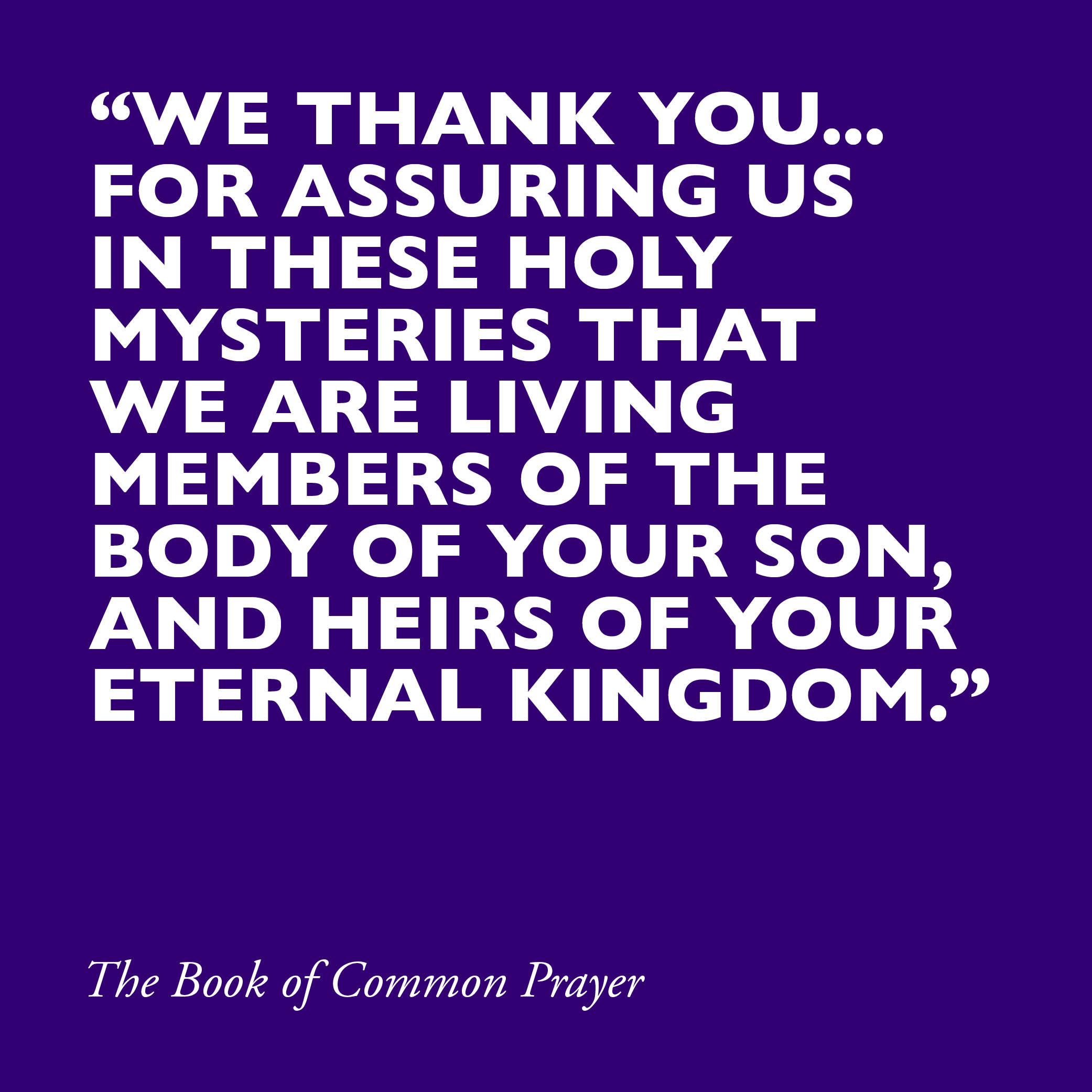
Communion
Holy Communion, the Eucharist (which literally means “thanksgiving”), the Lord’s Supper, the Mass. Whatever its formal name, this is the family meal for Christians and a foretaste of the heavenly banquet. As such, all persons who have been baptized, and are therefore part of the extended family that is the Church, are welcome to receive the bread and wine, and be in communion with God and each other.
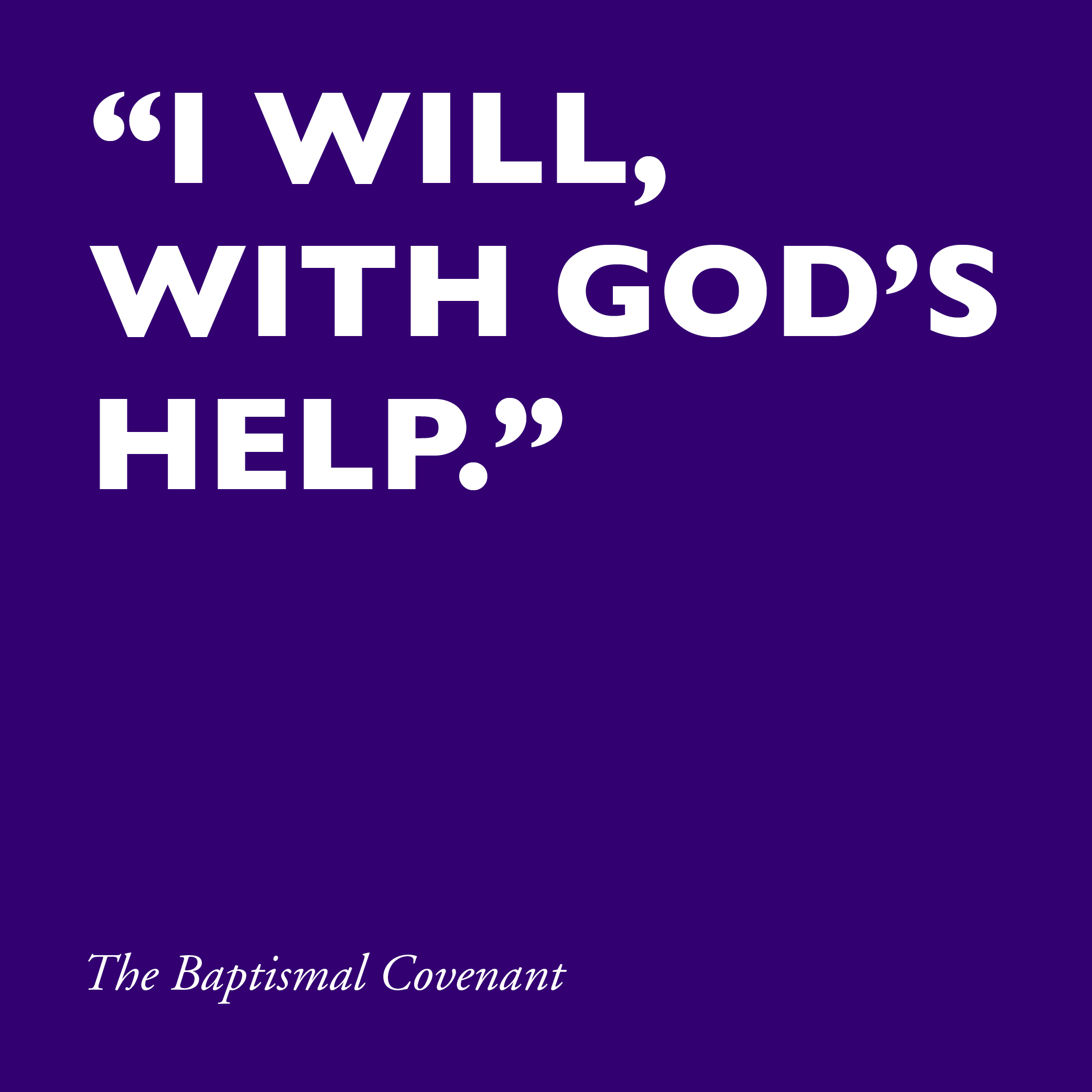
Baptismal Covenant
In these questions and answers, the congregation expresses the ways each of the faithful will live their faith both inside and outside the church walls. The first four questions are patterned on the Apostles’ Creed, with the liturgy’s celebrant asking the people about their beliefs in each of the members of the Trinity, along with a concise understanding of their natures. Following these questions, the covenant includes five questions regarding how we, as Christians, are called to live out our faith: with firm commitment and a reliance on God’s help.
STAY CONNECTED
Be sure to follow us on social media and stay up to date with our Faith Community.
